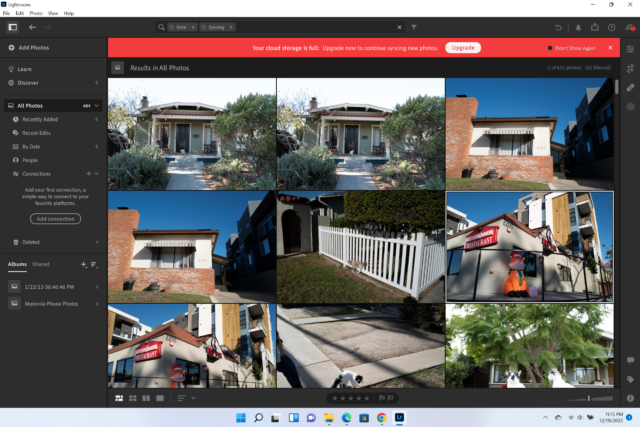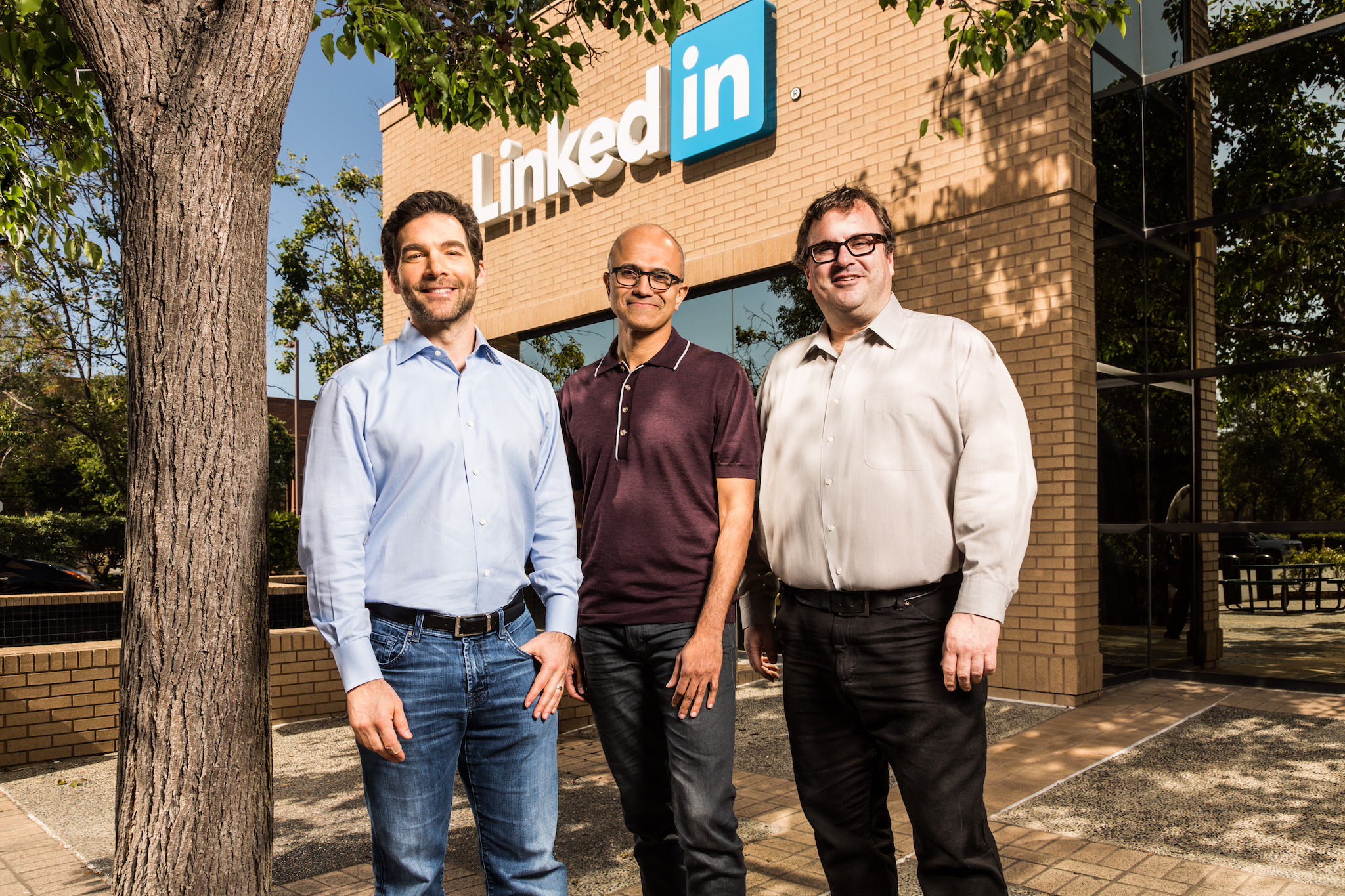I am partway through a computing platform switch—two, actually—and ran into a minefield of problems with Adobe Creative Cloud and Lightroom apps, which for starters synched part of my massive photo library online. Ha! With warning storage is full and that I need to purchase more. In all the years using Lightroom, I have never stored photos on Adobe’s website. That is until, unknowingly, tonight.
If an option easily exists to turn off syncing, I can’t find it. Remedy for now, the process is paused. Nor do I see evidence online of this overflowing storage heap, which contents my fingers desperately want to delete with a single key stroke.







